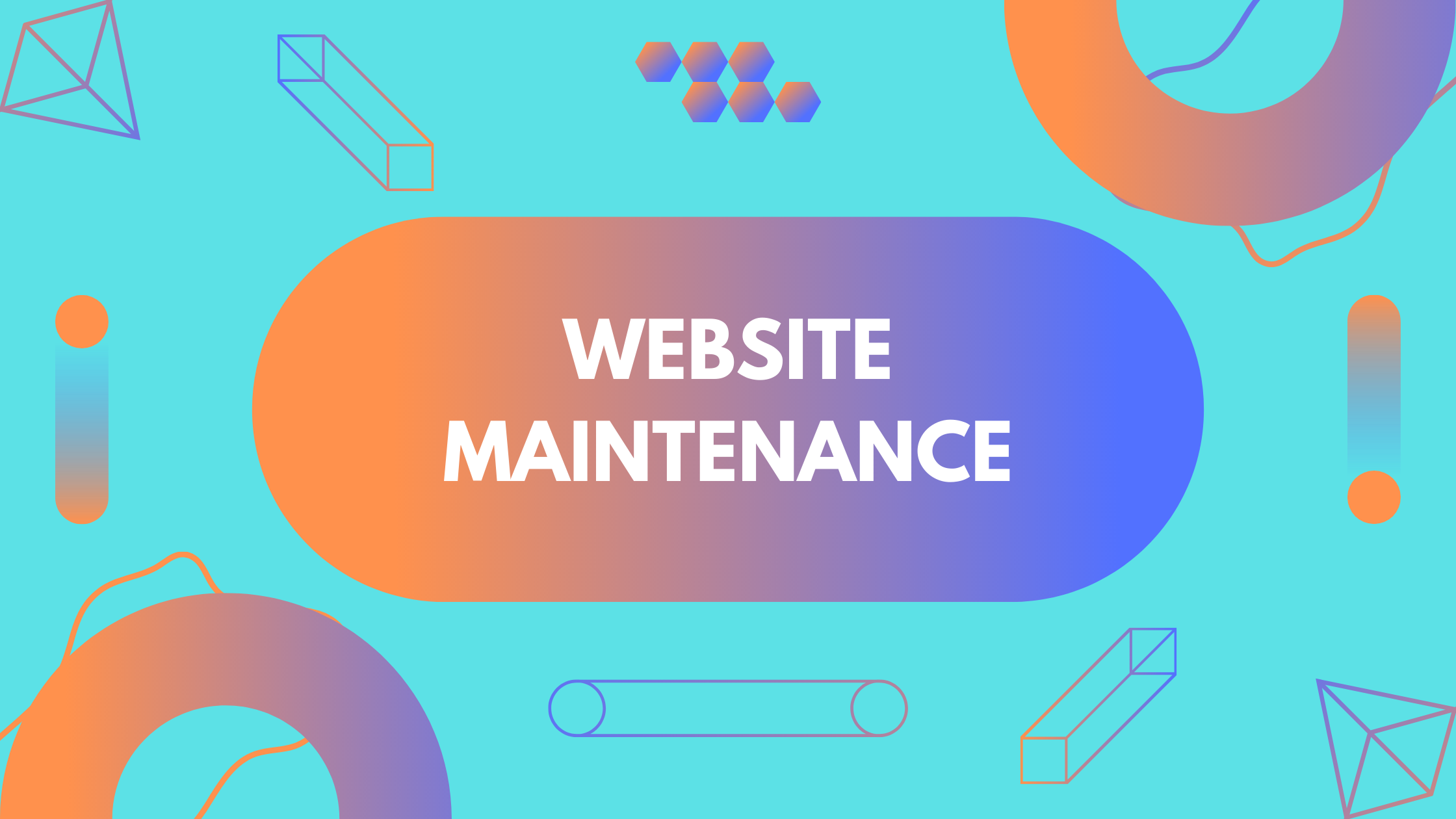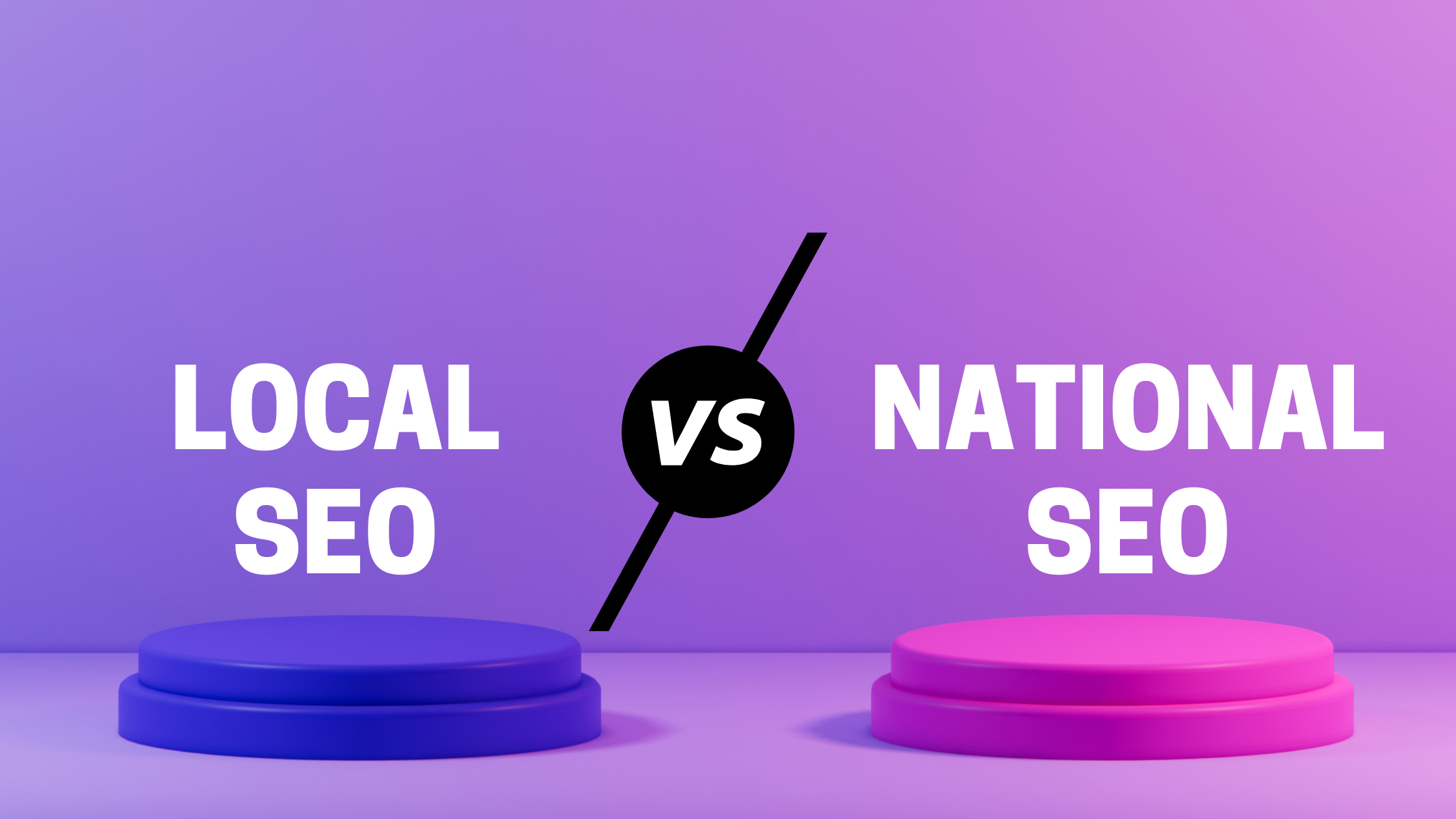One of the most important things a business can do is to ensure that its website is up and running 24/7. In this article, you’ll know how can managing your website’s health by implementing some of the best practices.
Why do websites need maintenance?
A website is a collection of content, images, and other files that are hosted on a web server. Websites are used to provide information to the public, and they are a key part of businesses. Websites need to be updated regularly to reflect the latest changes in the industry so that users can find what they’re looking for. In addition, websites need to be kept up-to-date to protect against hacking and online fraud.
Website maintenance also includes fixing broken links and resolving user complaints. When websites are properly maintained, they can continue to function smoothly even when there is a lot of traffic. Proper website maintenance not only keeps your site running smoothly, it can also boost your business’s reputation.
Regular website maintenance is important for a few reasons.
First, it keeps your site up-to-date with the latest security patches, browser plug-ins, and advertising software. This helps keep your visitors safe and protected from malicious content.
Another benefit of regular website maintenance is that it can help you boost your web traffic. By keeping your site looking fresh and new, you can draw in more potential customers. Additionally, if you have outdated or broken links on your site, updating them can help improve search engine ranking and organic traffic.
Finally, regular website maintenance can also save you time and money down the road. If you don’t update your website regularly, you may find that it becomes difficult to manage or even impossible to use. By taking care of your website now, you’ll avoid these problems in the future.
Types of website maintenance
Web maintenance is an important aspect of website upkeep. There are a variety of different types of web maintenance, each with its own benefits.
Here are some of the most common types of web maintenance:
1. Website security: Keeping your website secure is essential for protecting your data and identity. Website security includes measures to protect against unauthorized access, tampering, and theft of information.
2. Ongoing website improvements: Updates and improvements to your website can keep it up to date and make it more user-friendly. These updates can include new features, bug fixes, or redesigned layouts.
3. Web hosting and domain management: Keeping your website hosted and managed correctly is essential for keeping your site online and accessible. Hosting includes providing the space on which your site resides as well as managing the technical aspects of website hosting, such as backups and troubleshooting. Domain management includes securing a name for your site and ensuring that it is available when you need it.
4. Search engine optimization (SEO): Optimizing your website for search engines can improve traffic to your site and increase conversion rates. SEO includes a variety of techniques, such as keyword research and on-page optimization, to improve the appearance and ranking of your site in search engines.
5. Server-side scripting (SSS): SSS refers to programming your website so that you can use multilingual content on your site with a single application.
Problem areas for website maintenance
There are a few problem areas for website maintenance.
The first problem area is that website owners may not be doing their own website maintenance. Website owners should be checking their websites for broken links, outdated content, and images that need to be updated. Website owners should also make sure that the website content is updated regularly. This will help to keep the website looking fresh and new.
Another problem area for website maintenance is that website owners may not have a plan in place for when things go wrong. If there are broken links, outdated content, or images that need to be updated, then website owners need to have a plan in place for fixing these issues.
They should also have a plan in place for when traffic drops on their website. If traffic drops on their website, then they need to know how to fix these issues so that they can get traffic back up again.
How to prepare for website maintenance?
Website maintenance is important for a number of reasons: it can help to keep your website running smoothly, keep your users happy, and help you to stay ahead of the competition. Here are four tips on how to prepare for website maintenance:
1. We Help you to keep your website up-to-date with the latest security patches.
2. We regularly back up your website data so that you can restore it if necessary.
3. We Help you to keep your website content fresh and relevant by regularly updating your blog and social media accounts.
4. We plan regular website maintenance schedules and make sure all team members and website owner are aware of them.
Conclusion
Website maintenance is important for a variety of reasons. Not only is it important to keep your site looking its best, but it’s also important to make sure that all the necessary functions are working properly. If your site isn’t up to snuff, potential customers might not be interested in visiting. Additionally, if you have any errors or vulnerabilities on your site, hackers could take advantage of them. So, it’s important to keep your website running smoothly and make sure that all the necessary functionality is working.



